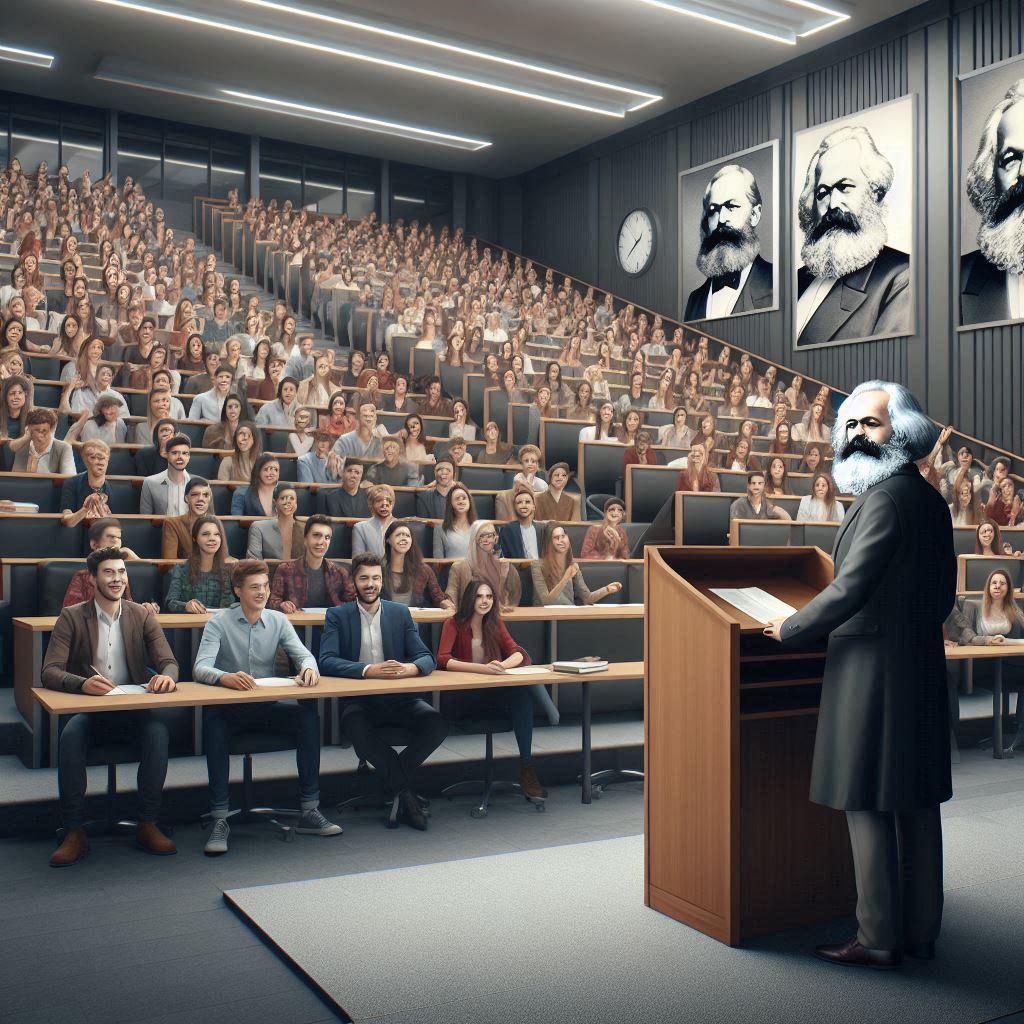The Da Vinci Doctrine: why Naomi Klein should team up with Dan Brown
SUGGESTED

If Naomi Klein had sold the raw version of The Shock Doctrine to Dan Brown, he surely could have transformed it into a gripping mystery thriller. Unfortunately, the doyenne of the anti-globalisation movement wrote the story herself.
The content of The Shock Doctrine is quickly summarised: following catastrophes such as natural disasters, societies find themselves in a temporary state of shock. “Neoliberals” frequently seize the opportunity of such moments, and rapidly push through their agenda of privatisation, deregulation and cuts in social services. When natural disasters are too long in coming, neoliberals create the state of shock themselves, kick-starting a war or orchestrating a putsch. This, according to Klein, is how neoliberalism spread around the world.
There is no space here to address the myriad of Klein’s fallacies, and fortunately Johan Norberg has already done a splendid job on that. But here are two points which struck me most about Klein’s book:
Firstly, it conveys the impression that a life with price controls, import tariffs, trade guilds, licenses and state subsidies somehow represents the natural state of mankind, while free markets are an intellectual construct of ivory tower theorists. Klein seems not to notice that markets have never been consciously “created”. Markets are simply there.
Throughout world history, people have traded goods and services – even in Mao’s China and in today’s Cuba. If a group of shipwrecked people were stranded on a lonely island today, and if a rescue team arrived there a year later, they would find that some pattern of specialisation, division of labour and trade had emerged among the islanders. This would happen even if none of them had the faintest idea of economic theory.
Economists can observe and analyse the workings of the market economy; while governments can formalise property rights and refrain from torpedoing markets. But they cannot “create” a market, let alone force it upon a population that rejects it.
Secondly, it seems that in Klein’s view, the mother of all shock programmes was the 1973 military coup in Chile. In her version, it reads as if the coup had been motivated by a desire to impose a “neoliberal” agenda on the Chilean people, which would suit her assertion that authoritarian politics and liberal economics go hand in hand. Yet in the immediate aftermath of the coup (let alone prior to the coup), nothing suggested that the junta would accept advice from liberal economists. Jose Piñera, Chile’s minister of labour (1978-80) and mining (1980-81), later described the early phase of the regime in the following terms:
“The first nominations of the military government in the economic sphere were quite hybrid. […] The liberal economists had secondary posts in the first moments of the regime, until, in 1975, the group experienced a qualitative jump, with Jorge Cauas taking over the Ministry of Finance. Cauas was a widely respected economist, vice president of the Central Bank during President Frei’s administration, who entered the cabinet as a super-minister with ample powers to stabilise the economy.” [pp. 7-8, my translation]
Hernán Büchi, Chile’s minister of finance (1985-89), later noted:
“Things began to change in Chile in the year [19]75. The country was still very much at the threshold of the modernisation period that would begin in the subsequent years. In government, the armed forces had imposed order, but all the imbalances and distortions generated during decades of statist pressure remained.” [p. 19, my translation]
Granted, Klein’s outlandish theories are often entertaining, and if entertainment is what you are looking for, rather than serious economic analysis, then you may indeed find The Shock Doctrine enjoyable. However, you might then want to move on to a Dan Brown paperback.




